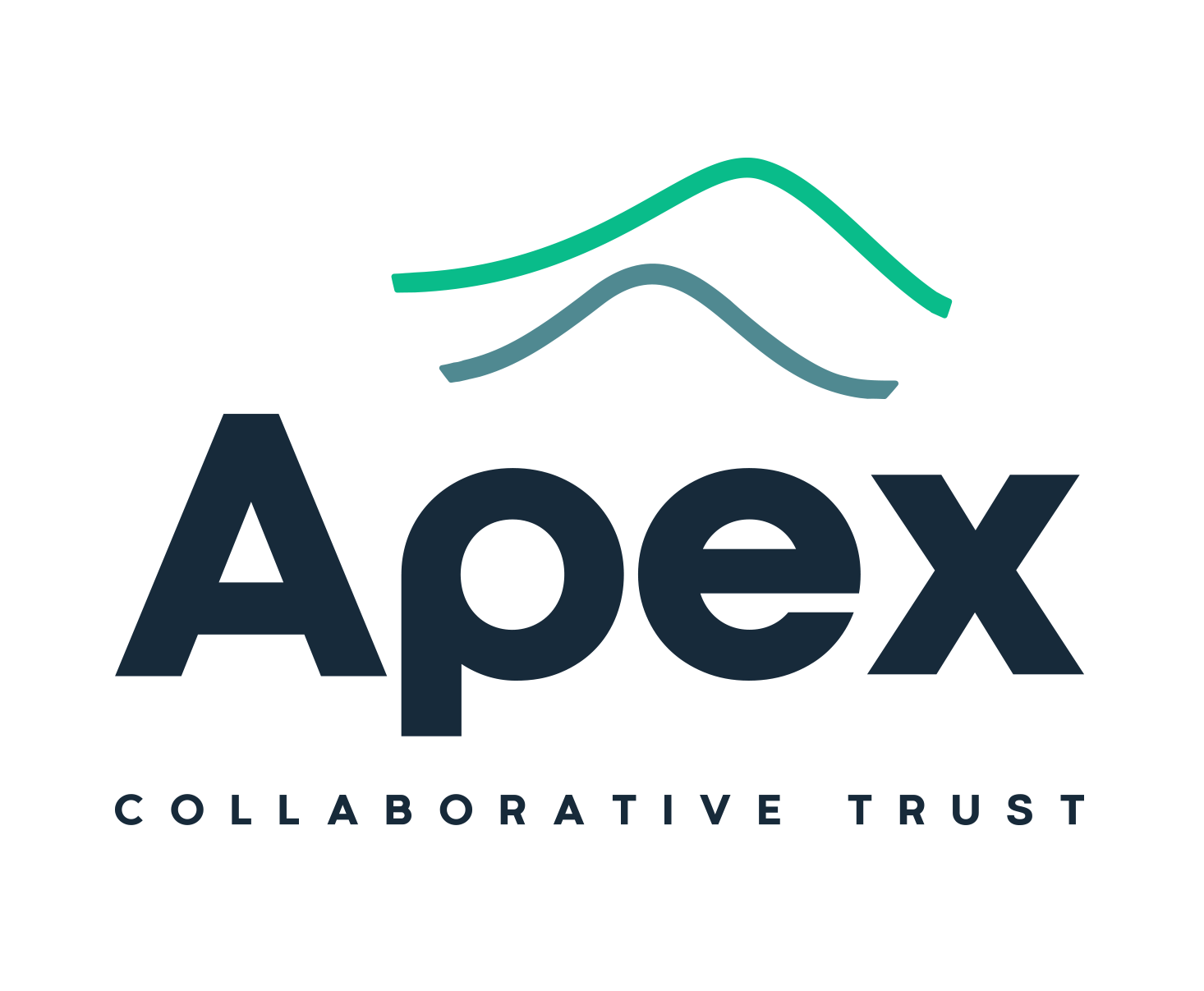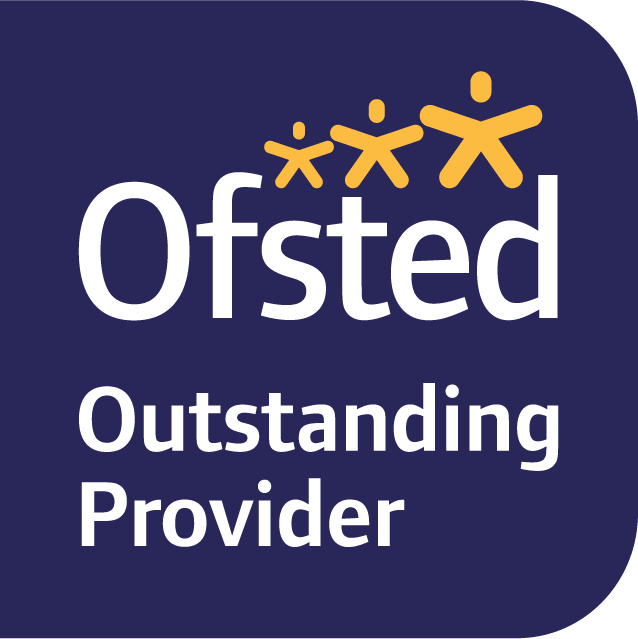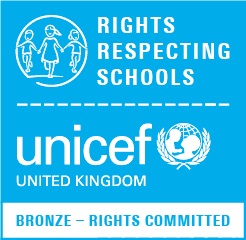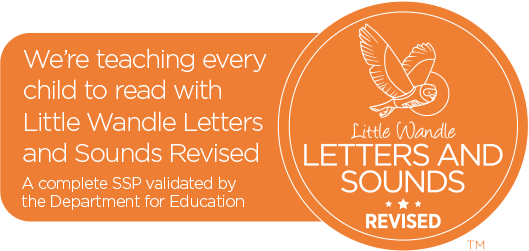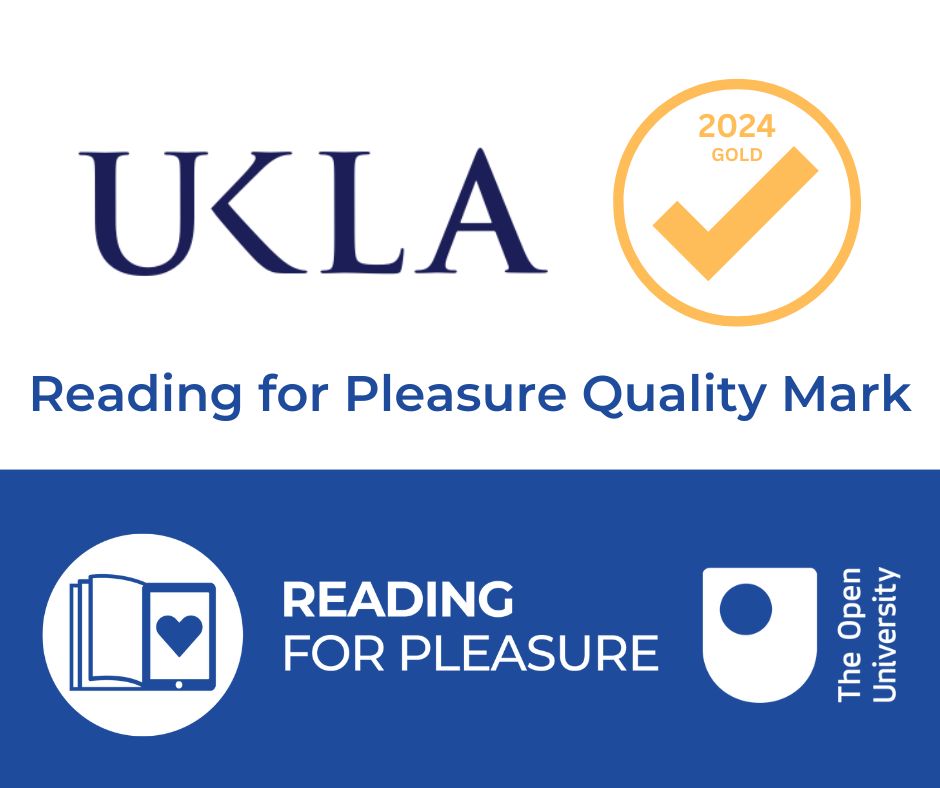History
A people without the knowledge of their past history, origin and culture is like a tree without roots
- Marcus Garvey
At Laneshaw Bridge, we want our children to think like historians and have a rich schema of historical knowledge. We want them to gain an understanding of our local history, Britain’s past, and the history of the wider world through the understanding of key concepts and enquiry questions. Children should develop curiosity about what has come before them and how it has shaped current societies. They should be able to use sources of information to ask perceptive questions and draw informed opinions. The rich language curriculum should enable them to articulate their thoughts coherently and powerfully.
Our teaching will provide children with clear and comprehensive lessons so that they understand history as a chronological narrative from ancient times to the present day. It should equip them with the ability to think critically, weigh evidence by sifting through arguments, and develop perspective and judgement. In addition, History will help our children understand the complexity of people's lives, the process of change, the diverse societies and relationships between different groups, as well as their own identity and the challenges of their time.
Our history curriculum is designed to be inclusive and accessible for all pupils. Children with SEND and those who are disadvantaged are supported through scaffolding, explicit vocabulary teaching, visual aids, structured retrieval practice, and differentiated tasks. This ensures all learners can engage fully and achieve success in understanding historical knowledge and concepts.
Our curriculum reflects the diversity of human experiences. Pupils encounter a wide range of cultures, voices, and historical perspectives, enabling them to develop empathy, respect, and a deeper understanding of Britain’s past and its place in a global context. This exposure broadens pupils’ cultural capital and helps them appreciate the interconnectedness of societies across time and space.
History at Laneshaw Bridge reflects our values of Ambition, Collaboration, and Trust. Pupils demonstrate ambition by pursuing their curiosity about the past, collaboration by working together to explore evidence and discuss interpretations, and trust by developing respect for multiple perspectives and supporting each other in their learning.
Pupils are encouraged to make connections between historical events and the world today. By exploring issues such as migration, inequality, democracy, and social change, children develop the knowledge, skills, and responsibility needed to engage as informed global citizens.
Pupil voice is central to our history curriculum. Enquiry questions are shaped by pupils’ interests, experiences, and current events to ensure learning is meaningful, engaging, and relevant. Pupils are empowered to explore questions that connect to their own lives and communities, helping them to understand their identity and the wider world.
Our aim is to start our children’s historical journey right from the very start of their Reception year by building on the Early Learning Goals of Understanding the World.
In their time in Early Years, children will have talked about the lives and roles of people around them. They will have compared things in the past to how they are now, drawing on their own experiences and on texts they have shared. They will have used the settings, characters, and events they encounter in these stories to develop their understanding of the past.
In History, children are imparted with knowledge and understanding of history and its chronology. Children are taught to explore the causes and consequences of events and their significance in time. As historians, children are taught the essential skills of using and interpreting sources of evidence, enabling them to become greater depth historians.
Each year group learns about three different areas of history: Local, British, and Global.
Within each of those units, there are enquiry questions and key concepts which underpin the knowledge and skills. The curriculum progresses through skills, knowledge, and vocabulary. Knowledge organisers are used within each lesson to build upon prior knowledge and aid children’s understanding within each unit. In addition, we have carefully sequenced educational visits to provide experiential learning that enhances our children’s historical understanding and engagement.
Evidence
At Laneshaw Bridge, children have the opportunity to record their learning in a variety of ways, captured within their floor books (KS1) and history books (KS2). Evidence of learning depends on the lesson outcome, year group, and the knowledge and skills being developed. This can take the form of extended writing, photographs of practical activities, historical timelines, or speech bubble comments relating to the learning.
Assessment
Teachers assess children’s learning throughout each lesson to ensure understanding of skills and knowledge before progressing. A range of questioning and retrieval practice is used to assess pupils against the lesson aims. In addition, children complete end-of-unit assessments to evaluate both substantive (content) and disciplinary (historical skills) knowledge. This ensures all pupils, including those with SEND or disadvantaged backgrounds, make meaningful progress.
Subject Leaders
Subject leaders conduct deep dives, including lesson observations, pupil interviews, and book looks, to measure the impact of history teaching based on how much knowledge children can recall and apply. Leaders collaborate with counterparts across the Trust to moderate outcomes, share good practice, and ensure that standards exceed expectations and reflect our school values: Ambition, Collaboration, and Trust.
